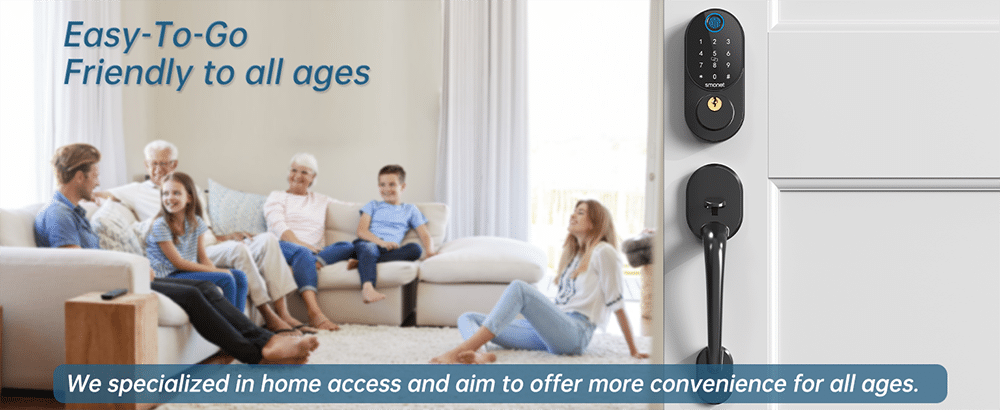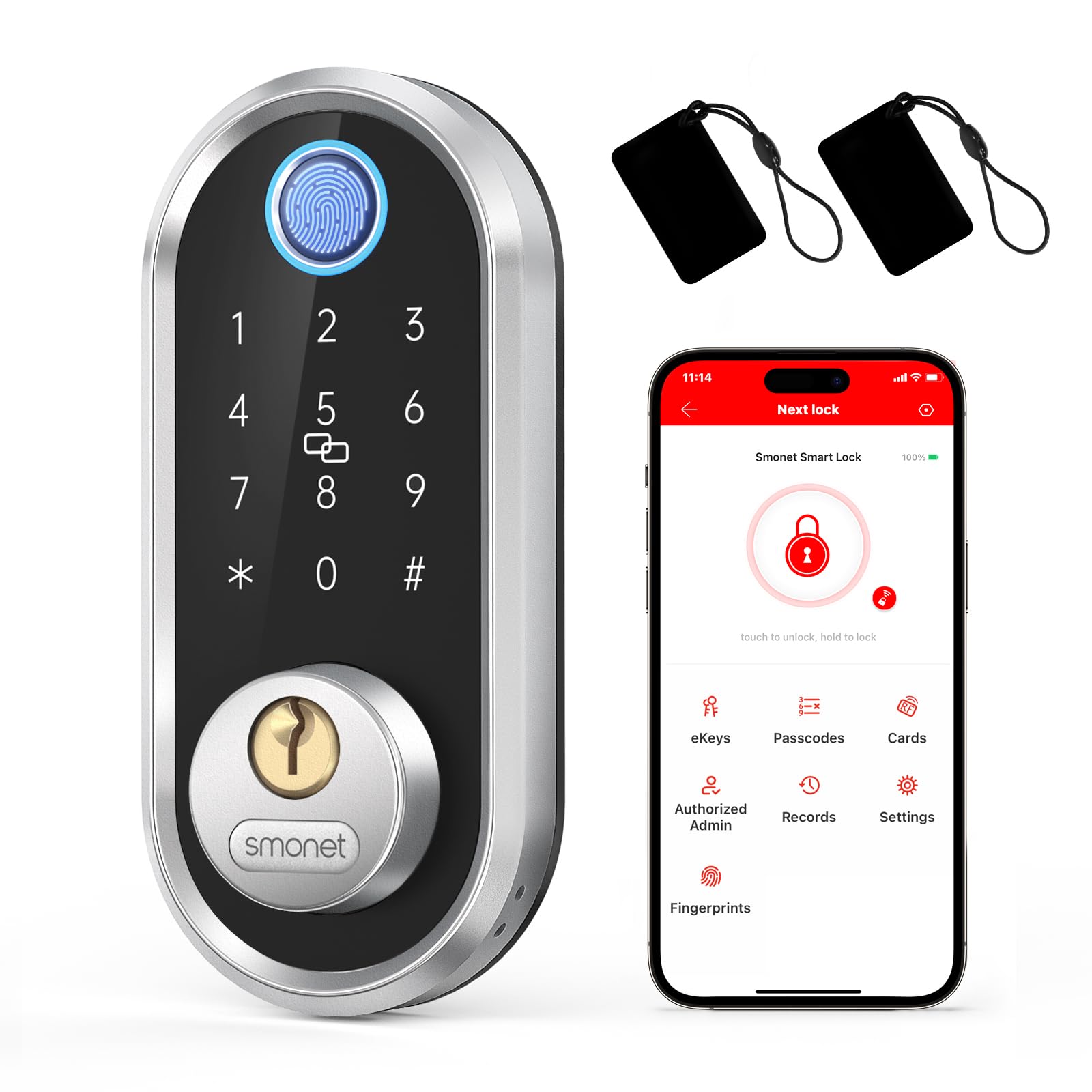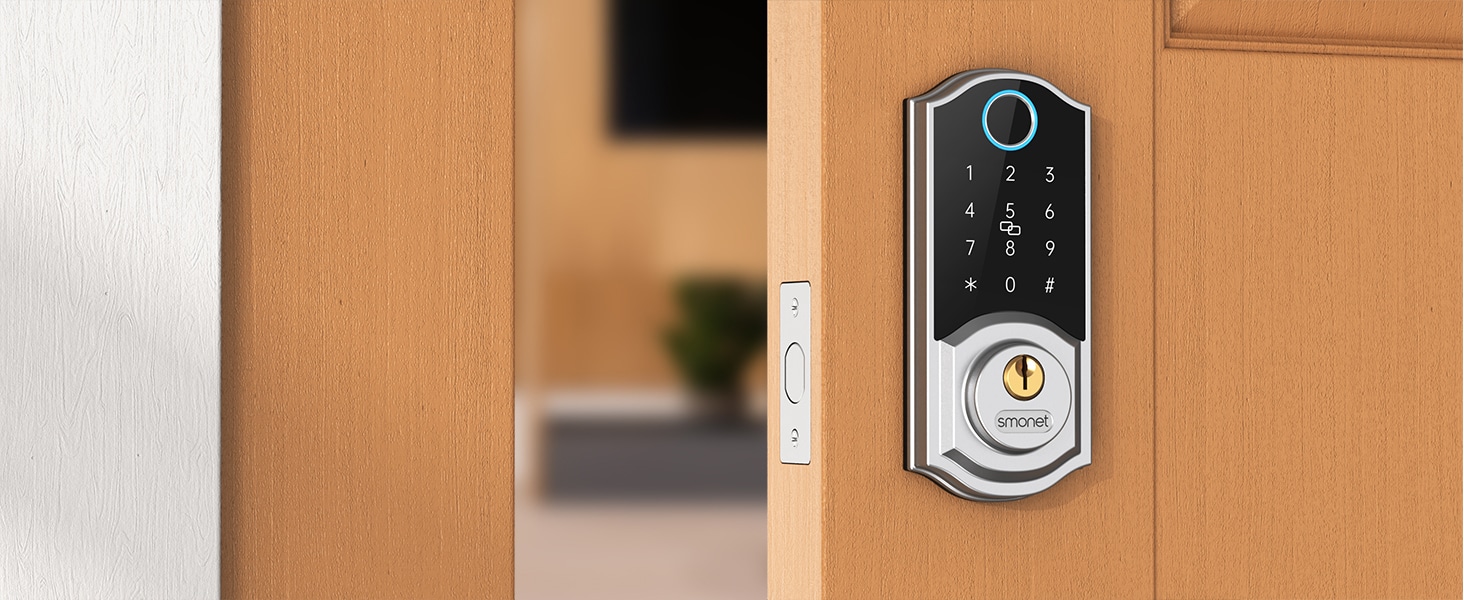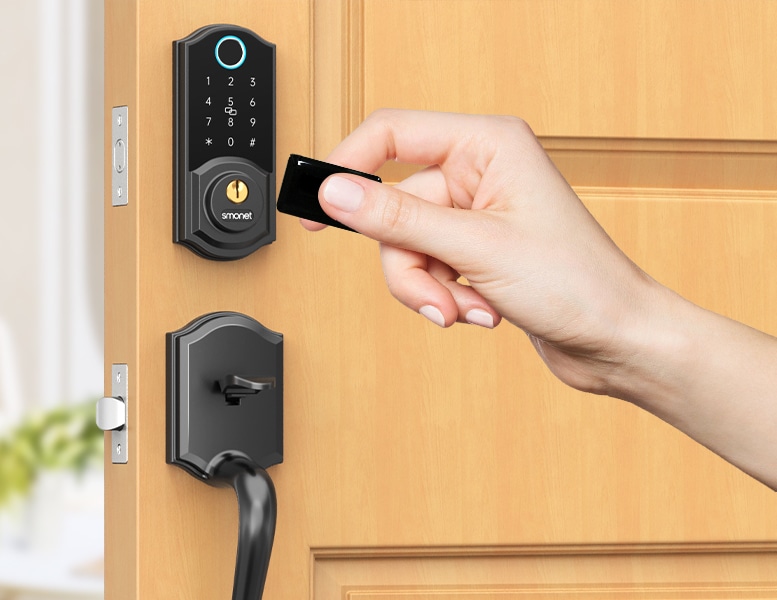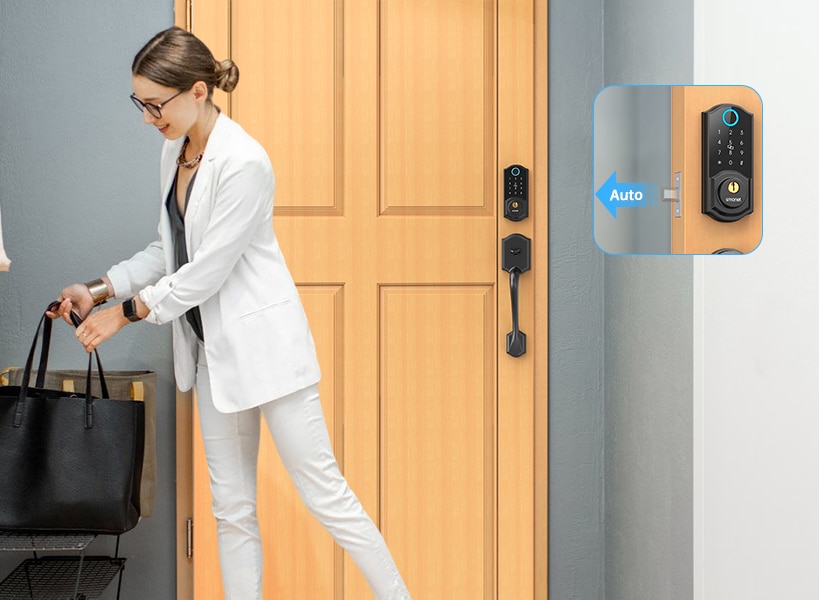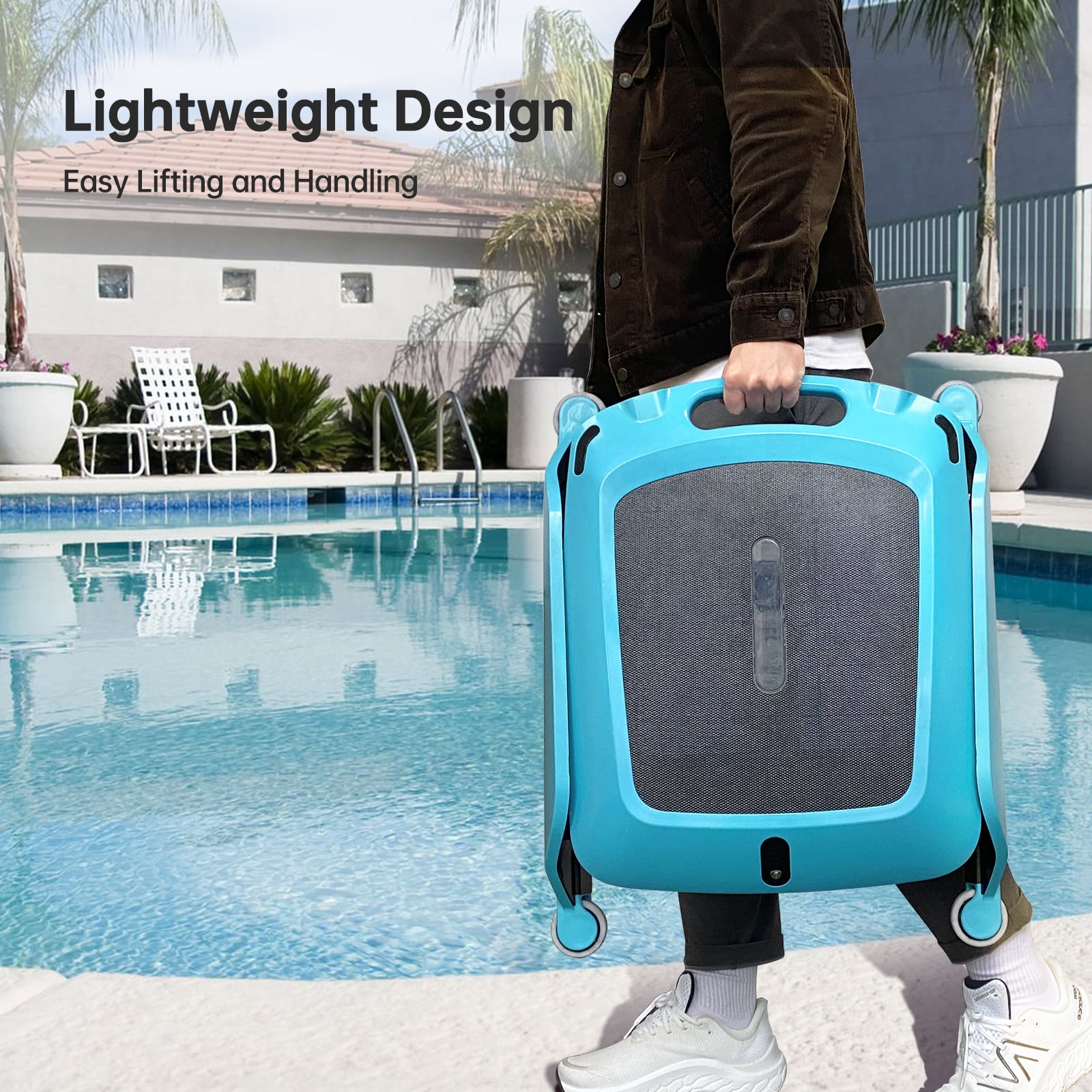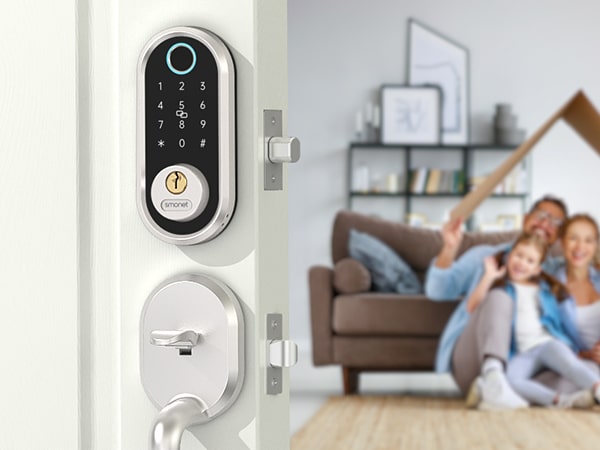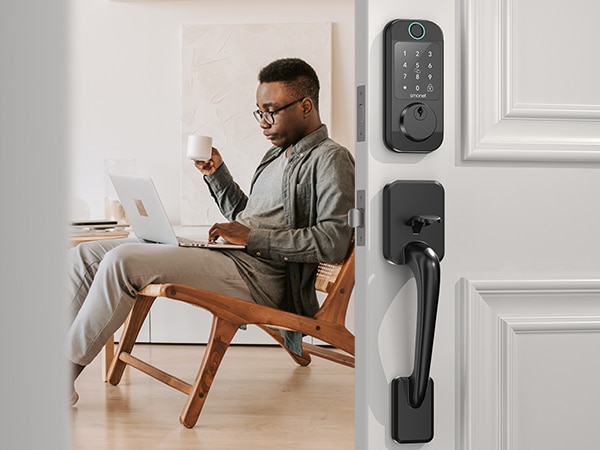Factors To Consider To Ensure The Selected Biometric Door Lock Is Suitable For Specific Environments And Needs
Biometric door lock for home have revolutionized residential and commercial security systems. But choosing the right type of biometric door lock can be a challenging task, given the variety of models and brands available in the market. Here are factors that need to be considered to ensure the selected biometric door lock is suitable for your specific environment and needs.
Environment Compatibility:
It’s crucial to consider environmental conditions before installing a biometric door lock system. You need to consider weather conditions (rain, snow, heat) and ambiance (dust, humidity) as they can impact the effectiveness of different types of biometric door locks.
Biometric door lock near me:
There are different types of biometric technologies, including fingerprint recognition, facial recognition, eye scanning, etc. The choice of the biometrics type depends on the requirements of the specific environment. For example, fingerprint recognition might not be ideal in an extremely cold environment as people typically wear gloves.
Scalability:
The size of the property and the number of people who’d require access are important considerations. Some biometric locks can store a large number of fingerprints or face identity data, which is vital for large buildings or businesses.
Integration with Other Systems:
If you already have an existing security system, it’s important to ensure that the biometric lock can be integrated, enhancing the overall efficiency and effectiveness of the security system.
Durability:
Durability is another crucial factor, mainly determined by the build quality and material of the lock. A durable lock can withstand harsh weather conditions and wear & tear over time.
Ease of Use:
A good biometric lock should be easy to install and operate. Users should be able to effortlessly register their biometrics, and the lock should quickly and reliably authenticate biometrics to grant access.
Power Requirements:
Biometric locks require power to function, so you’ll need to consider whether the lock will be battery-powered or connected to the building’s power supply. Battery-powered locks can be less affected by power outages but require regular battery replacements.
Emergency Access:
In cases of system failures, you’ll want a lock that offers an alternative method of access, such as a key, PIN code, or even a mechanical backup lock.
In conclusion, choosing a biometric door lock system requires careful consideration of these factors. By considering your specific needs and environmental conditions, you can select the biometric door lock that best enhances your security and convenience.
Prime Day OFF
Until the End
-
Master Of Cleanliness: Visual Guide To Recognizing And Understanding Your Electric Pool Cleaners
-
Making the Right Choice for A Best Keypad Door Lock: A Guide Based on Material Consideration
-
The 7 Most Common Types of Locks for Home and Office Security
-
Door Knob With Fingerprint Identification- The Future Of Home Security
-
Selecting the Ideal Digital Door Lock Style and Color for Your Abode
-
Evolution Of Security- Smart Door Key Lock
-
Mailbox Digital Lock- Reinventing Mail Security In The Digital Age
-
Exploring Alternative Unlocking Solutions - Smart Lock Fingerprint Cards and Wristbands
-
Touch Id Door Locks- Next-Generation Security At Your Fingertips
-
Smonet Home Door Lock- The Future Of Home Security

